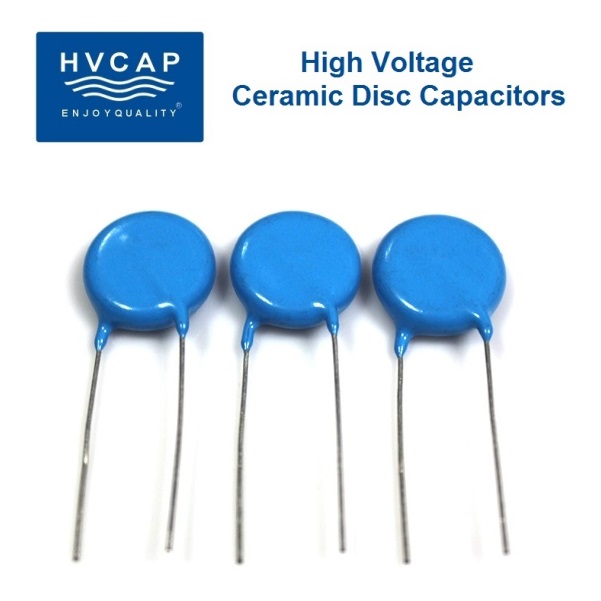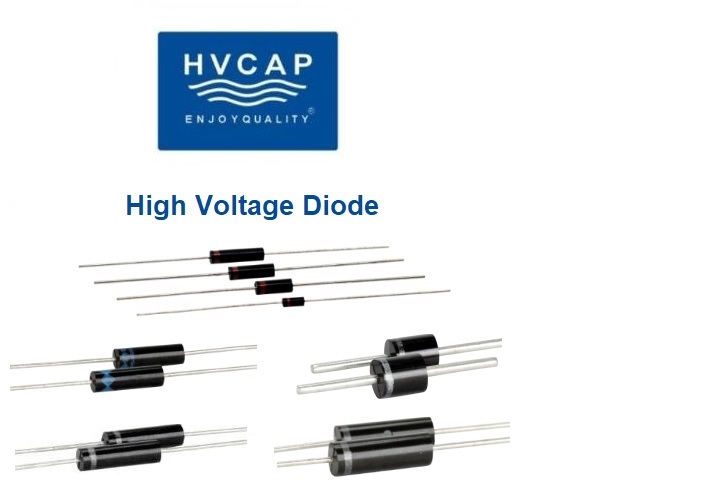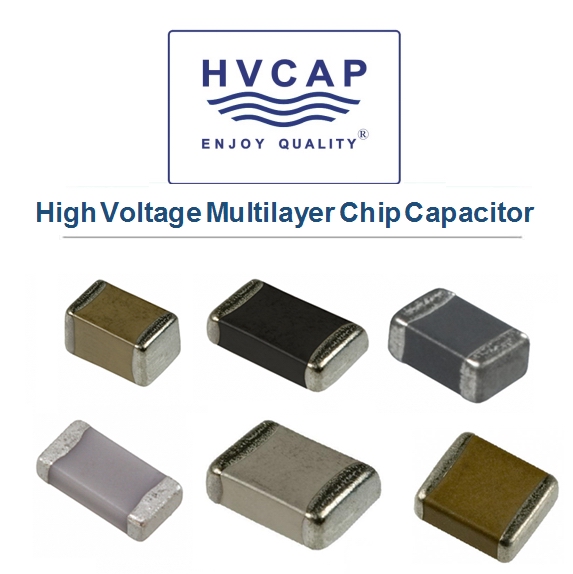High voltage capacitors are becoming more and more popular in the electronics industry.
They are used as filters or storage capacitors for high-voltage circuits.
Vetro Electronics, a leading manufacturer of high-quality high voltage ceramic capacitors, has seen this demand firsthand and is committed to meeting this need with its wide selection of HVC ceramic products.
Why are High Voltage Capacitors So Popular? High-voltage capacitors have become so popular because they offer several benefits over standard low and medium-voltage varieties.
Here’s why you should consider using one in your next electronic design:
High Voltage Capacitors Offer Maximum Performance with Very Little Compromise
High-voltage capacitors offer an alternative to the expensive high-power components found in many of today’s high-performance applications.
They’re used in almost every high-voltage AC/DC circuit, from power supplies to supercomputers.
High voltage capacitors are a proven solution for this problem because they can absorb a tremendous amount of power – so much so that it’s not normally possible to physically attach it to the power source.
Therefore, they’re used in places that have very high power demands, such as the power supply of a supercomputer or a high-end video game.
These applications are also more likely to have dangerous voltages present at all times, so high-voltage capacitors are safer than standard low-voltage versions.
High-voltage capacitors have a higher internal resistance, so they draw a higher amount of current.
Therefore, they can be used in applications where they’re subjected to higher currents, such as switching applications.
High Voltage Capacitors are Environmentally Friendly
High-voltage capacitors are environmentally friendly compared to other power supply components.
They’re made with materials that won’t contain any hazardous or corrosive substances.
They’re also more efficient than standard power supplies, which results in lower power consumption.
High-voltage capacitors can be used as a clean alternative to high-power solutions that are harmful to the environment.
They can be used in places where long-term use will be required and are safe for humans and the environment, such as in a desalination plant or a nuclear power station.
High Voltage Capacitors Have a Long Lifespan
The high-temperature resistance of high-voltage capacitors makes them an excellent choice for applications that have high temperatures.
This includes large data centers where servers are constantly under heavy load and where the entire power supply can reach temperatures over 50°C.
High-temperature resistance also allows high-voltage capacitors to be used in applications where multiple components are working together, such as the power supply in a computer.
High-voltage capacitors can be used in high-temperature environments and with high-current applications.
They can be used with a variety of applications, such as a satellite in space, a large data center, or a nuclear power station.
HVC Capacitors Can Be Used in Switching Applications as Well as in Filtering
High-voltage capacitors can be used to provide surge protection in switching applications.
They can also be used to protect transmission lines, transformers, and electrical equipment that experience high voltages.
High-voltage capacitors can be used to filter high voltages, such as those that are sent through electronic cables.
They can also be used to protect electronic instruments, such as smartphones, laptops, or digital cameras.
High voltage capacitors are more efficient than standard capacitors and can produce less electromagnetic interference, which means they’re suitable for applications that require stringent electromagnetic interference (EMI) regulations, such as in aviation or medical equipment.
HVC Capacitors Offer Versatility and Robustness to Electronics Designers
High-voltage capacitors can be used in a wide range of applications, from power supplies to switching and filtering.
Their high voltage makes them more robust than standard capacitors and less likely to fail or develop issues, which makes them an efficient choice for electronics designers.
High-voltage capacitors are also more suited to harsh environments than low-voltage varieties, making them a good choice for applications that require maximum robustness.
Conclusion
High-voltage capacitors have become so popular that many electronics designers have never used a low-voltage capacitor.
The benefits listed above make them a great choice for any electronics design, as they offer more performance and robustness at a lower cost.



